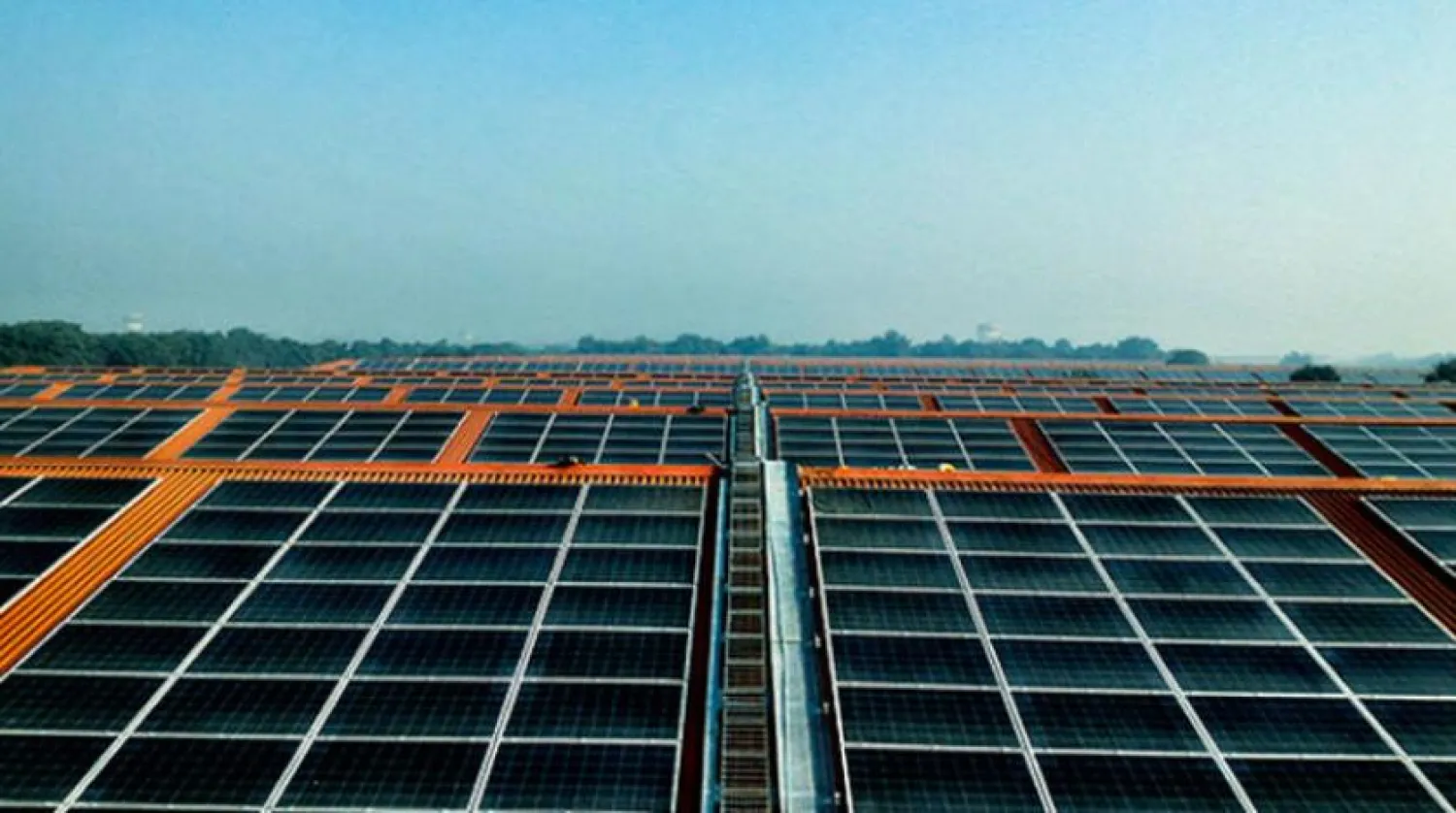India's Tata Power Company said on Thursday that a consortium led by the US-based BlackRock Real Assets and Abu Dhabi's Mubadala Investment Company would invest 40 billion rupees ($525.76 million) in the company’s renewable energy unit for a 10.53% stake.
The investment is expected to fund Tata Power Renewable Energy’s aggressive growth plans in the rooftop and electric vehicle charging space in India.
The final shareholding will range from 9.76% to 11.43% on final conversion.
The newly-created platform will consist of five distinct businesses delivering long-term, customer oriented solutions, including Utility Scale Solar, Wind and Hybrid Generation assets, Solar Cell and Module Manufacturing, Engineering, Procurement and Construction (EPC) contracting, Rooftop Solar Infrastructure, and Solar Pumps and Electric Vehicle Charging infrastructure.
Tata Power Renewables is targeting a portfolio of over 20 gigawatts (GW) of renewables assets over the next five years, from 4.9 GW currently, Tata Power said in a regulatory filing.
India is one of the world’s largest renewable energy markets and has recorded the fastest growing renewable energy supply with over 60% new capacity added over the past four years.
Its installed renewables capacity is expected to grow from 150 GW currently to 500GW by 2030 to satisfy India’s local energy demand driven by GDP growth and contribute to the government’s decarbonization ambition, as well as support the macro energy transition trends in Asia and around the world.
Dr. Praveer Sinha, CEO and Managing Director of Tata Power Company Limited, said: “The collaboration will support us to pursue exciting opportunities that lie ahead in the coming decades.”
“With one of the largest portfolios of solar and wind assets in the country and a very experienced management team, Tata Power Renewables is at the forefront of India’s ambition to secure greater energy stability for its citizens while positioning its economy for a low carbon future,” said BlackRock’s global head of real assets Anne Valentine Andrews.
Real Estate and Infrastructure Investments CEO Khaled Abdulla al-Qubaisi said: “As a responsible investor, Mubadala has a strong focus on renewable energy in multiple markets, so we are delighted to be co-investing with BlackRock Real Assets to help progress Tata Power Renewables’ ambitions in India.”









